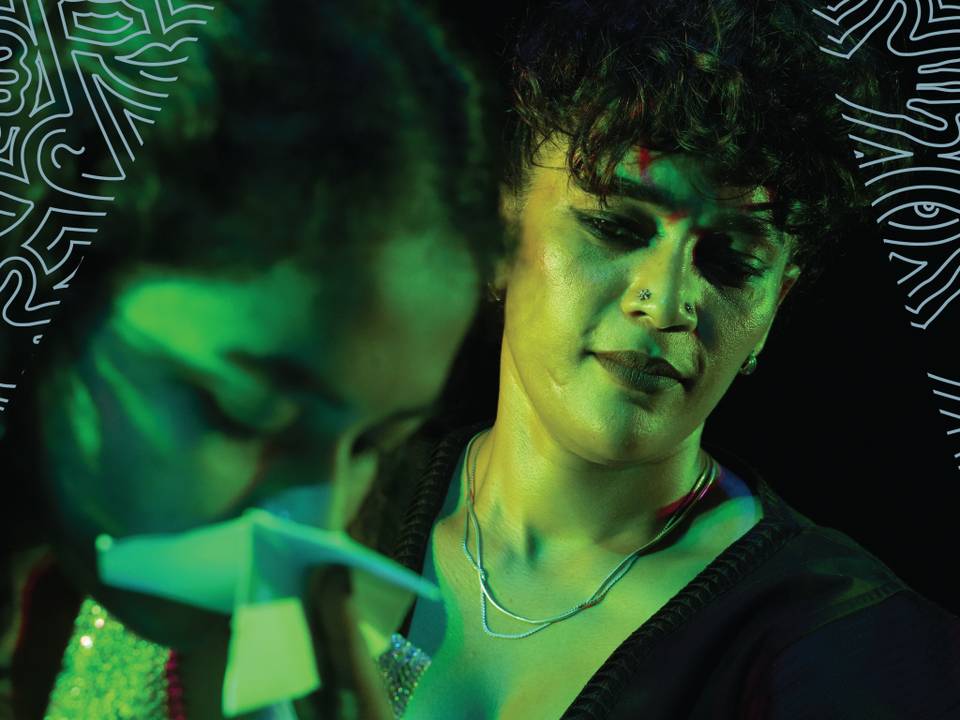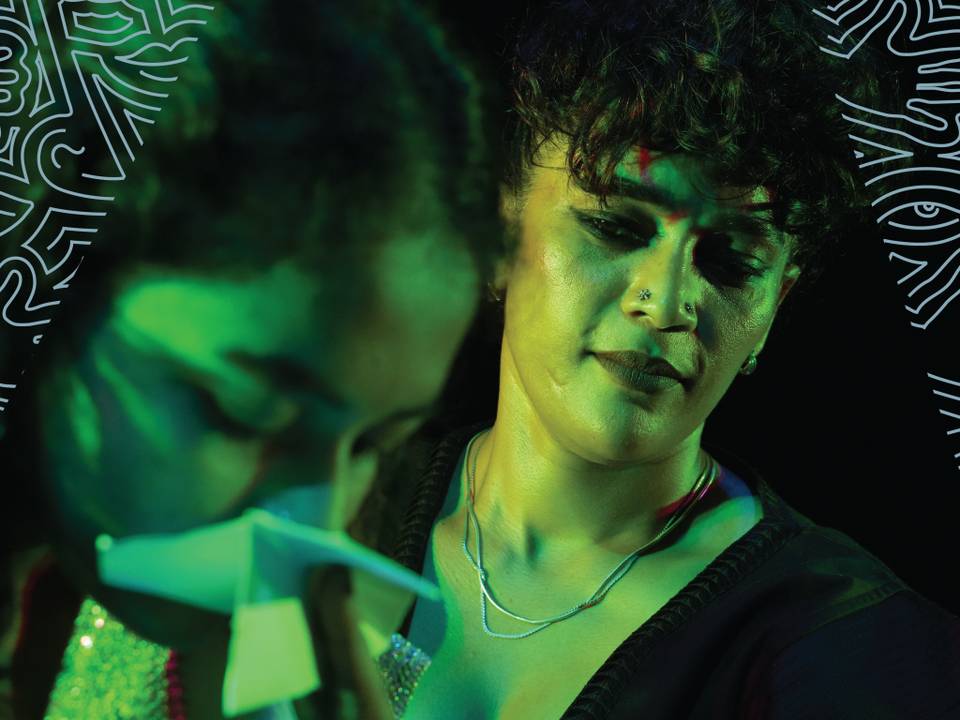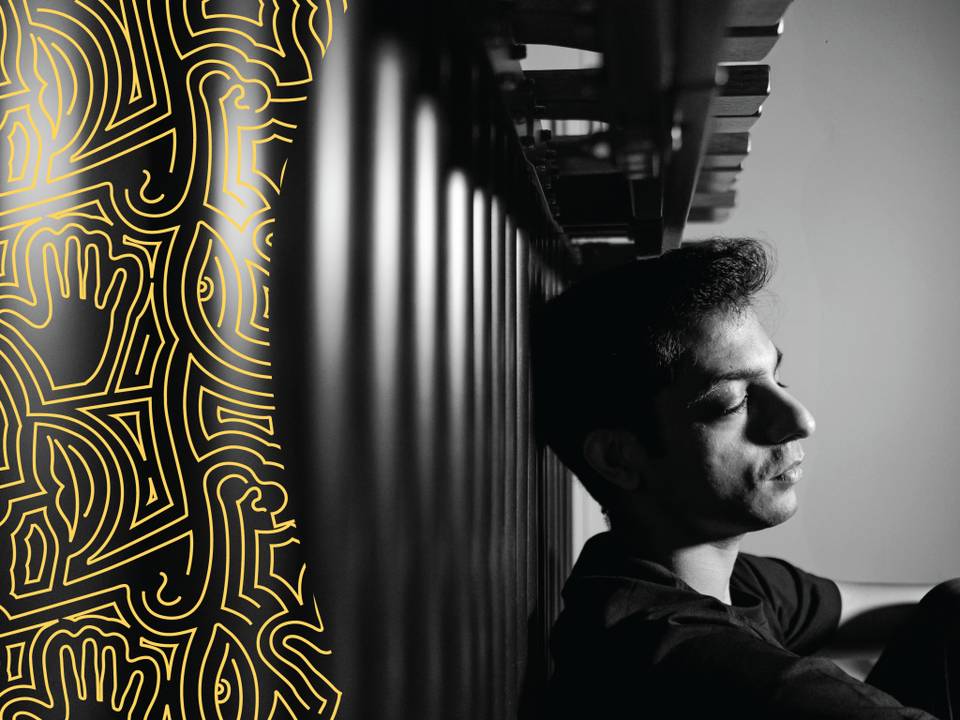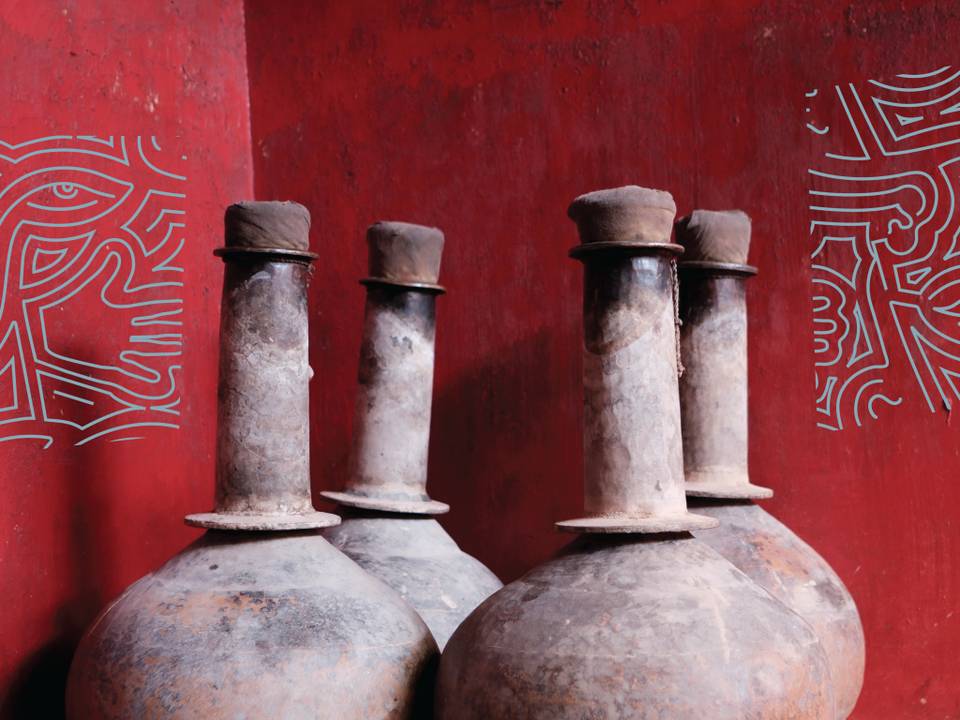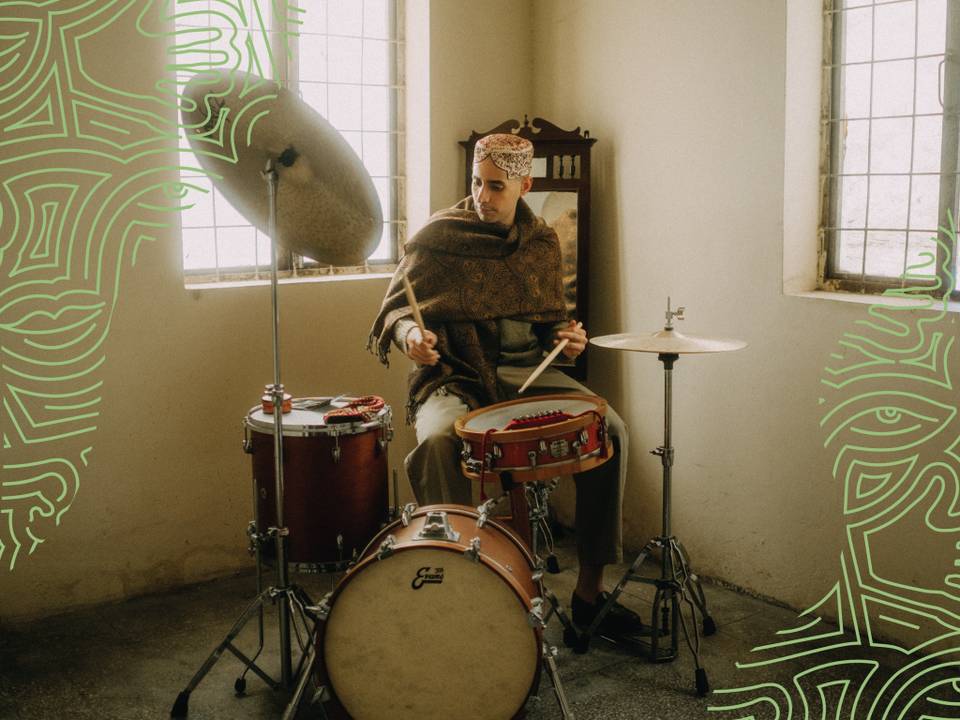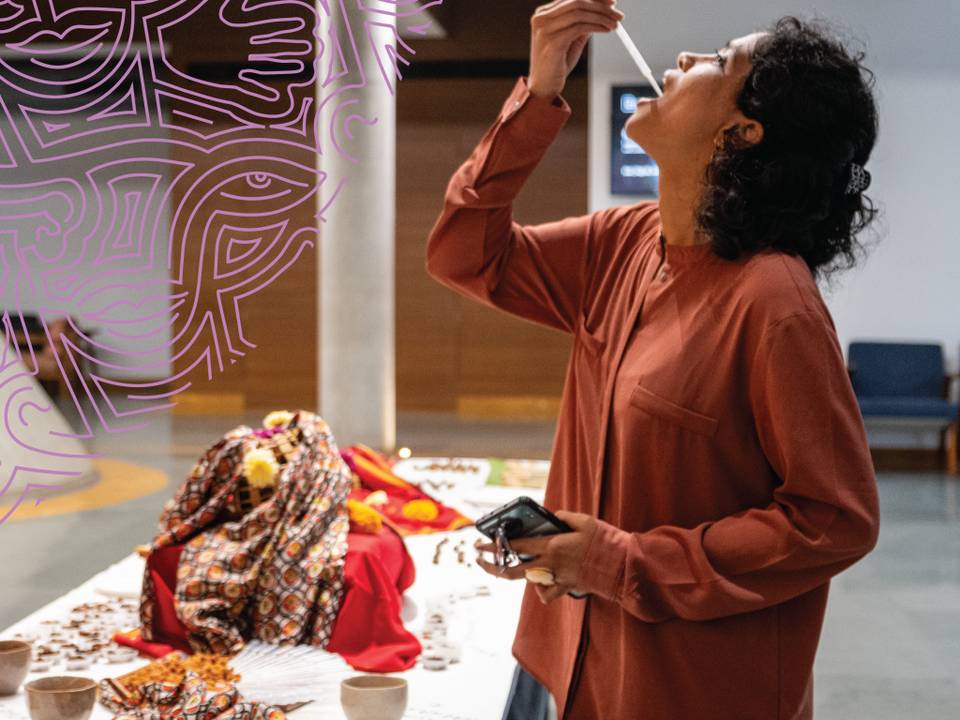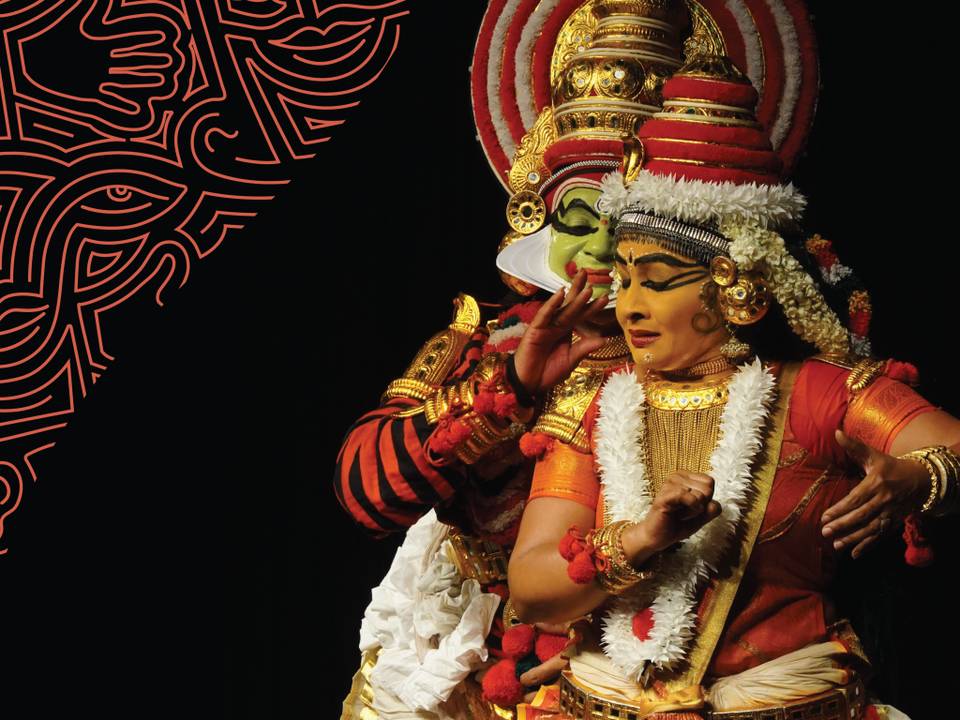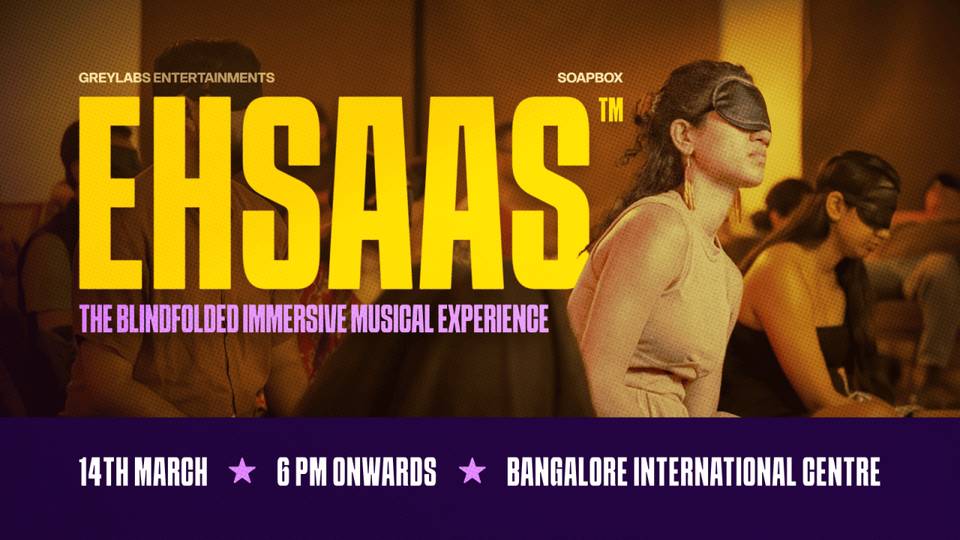Populisms in India History, Cases & Conundrums
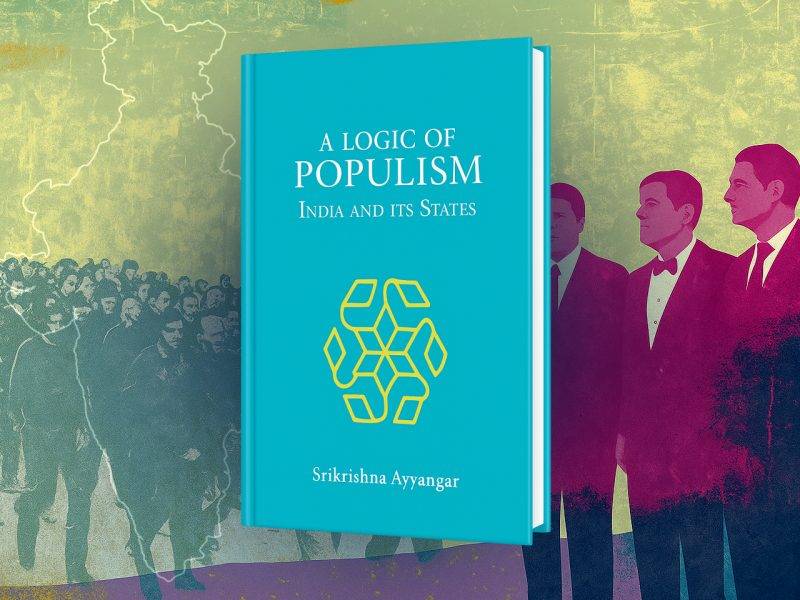
Details
Aug 10 2025 to Aug 10 2025 5:30 p.m.
EVENT HAS ENDED
Where
Bangalore International Centre
7 4th Main Rd, Stage 2, Domlur 560071
Event Description
Is populism a threat or a corrective to democracy? Can it be both and at the same time? Is there an Indian Way of Populism?
Much public commentary on populists has been pulled in different directions, and it seems almost impossible that we can cohere out of this polarized conundrum and into a shared understanding (even if disagreement) of meanings and labels around this concept. What indeed is the role of Populism in political modernization, and its place in a democracy, beyond the Americas and Europe?
Populists are often understood in terms of who they are – rather who we think they are. This discussion will centre around a recent book “A Logic of Populism: India and its States” (Cambridge University Press 2025) that tries to understand populists in terms of what they do. Author, Srikrishna Ayyangar, argues that what populists do is to divide people, for the greater common good, and so who they are depends on political affiliations within the democratic context. Evoking the ‘Indian way’ inspired by A.K Ramanujan’s celebrated essay that the title of this discussion draws from, Ashutosh Varshney and Mahesh Rangarajan along with Sudhir Krishnaswamy as the moderator will engage in a conversation around the book and the relevance of the theme to India’s democracy. A Q&A with the audience will follow.
Tea will be served from 5 PM onwards.
Speakers
Srikrishna Ayyangar
Author & Associate Professor, NLSIU
Srikrishna Ayyangar is Associate Professor at National Law School of India University (NLSIU), Bengaluru. He has taught at Azim Premji University, Bengaluru, the University of the South – Sewanee, and the University of Hartford, and worked at the Centre for Policy Research, New Delhi. His research has been published in journals including the Studies in International Comparative Development and Studies in Indian Politics.
Mahesh Rangarajan
Professor, Environmental Studies & History, Ashoka University
Mahesh Rangarajan is professor of Environmental Studies and History at Ashoka University. He is the author of several books that include Fencing the Forest (OUP 1996), India’s Wildlife History (Permanent Black 2001) and Nature and Nation (Permanent Black 2015) among many other edited and coedited books. He has also been a commentator on current affairs with the audio-visual media in both English and Hindi. He was Director, Nehru Memorial Museum and Library (2011-15) and has also served as Vice Chancellor, Krea University (2021-22).
Ashutosh Varshney
Professor of Political Science, Brown University
Ashutosh Varshney is Sol Goldman Professor of International Studies and the Social Sciences and Professor of Political Science at Brown University, where he was also the Founding Director of the Saxena Center for Contemporary South Asia. Previously, he taught at Harvard (1989-98) and the University of Michigan, Ann Arbor (2001-2008).
His books include Battles Half Won: India’s Improbable Democracy, Collective Violence in Indonesia, Ethnic Conflict and Civic Life: Hindus and Muslims in India, India in the Era of Economic Reforms, and Democracy, Development and the Countryside: Urban-Rural Struggles in India. The awards based on his research include the Guggenheim fellowship, the Carnegie Fellowship, the Gregory Luebbert Prize, and the Daniel Lerner Prize.
In addition to professional journals, he also contributes guest columns to newspapers and magazines and is currently a columnist for The Print.
Vibha Swaminathan
2025 Rhodes Scholar-elect, NLSIU
Vibha Swaminathan graduated from the LL.B. (Hons) programme at NLSIU in 2025 and will read for the BCL on the Rhodes Scholarship. At Oxford University, she is interested in examining the political and legal fragilities of citizenship, generated along intersectional axes of class, gender and religion.
Sudhir Krishnaswamy
Vice-Chancellor, NLSIU
Sudhir Krishnaswamy is the Vice-Chancellor of NLSIU, Bengaluru and the Secretary-Treasurer of the Consortium of National Law Universities. He is a Member of the Independent Oversight Board that makes content moderation decisions on Facebook and Instagram platforms. He is the recipient of the Infosys Prize 2022 in the Humanities category.
He is the Co-founder and Managing Trustee of the Centre for Law and Policy Research that engages in law and policy research, social and governance interventions and strategic impact litigation; and the Founder of the Supreme Court Observer which is the most reliable guide to the work of the Indian Supreme Court.
His current research focuses on constitutional law, the empirical analysis of the legal, political and governance systems and the regulation of new and emerging technologies including artificial intelligence and automated decision systems.

